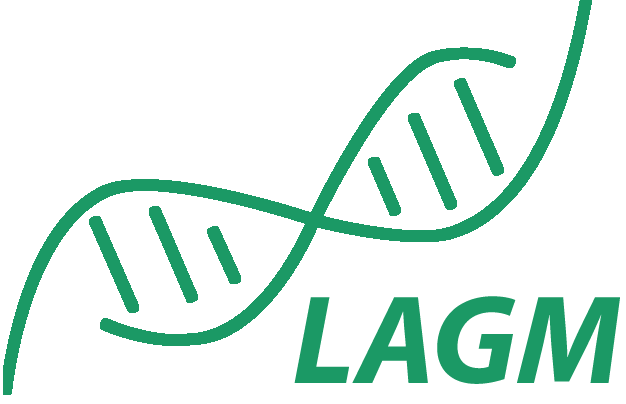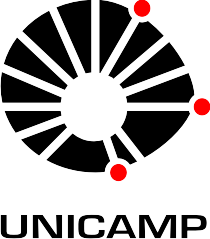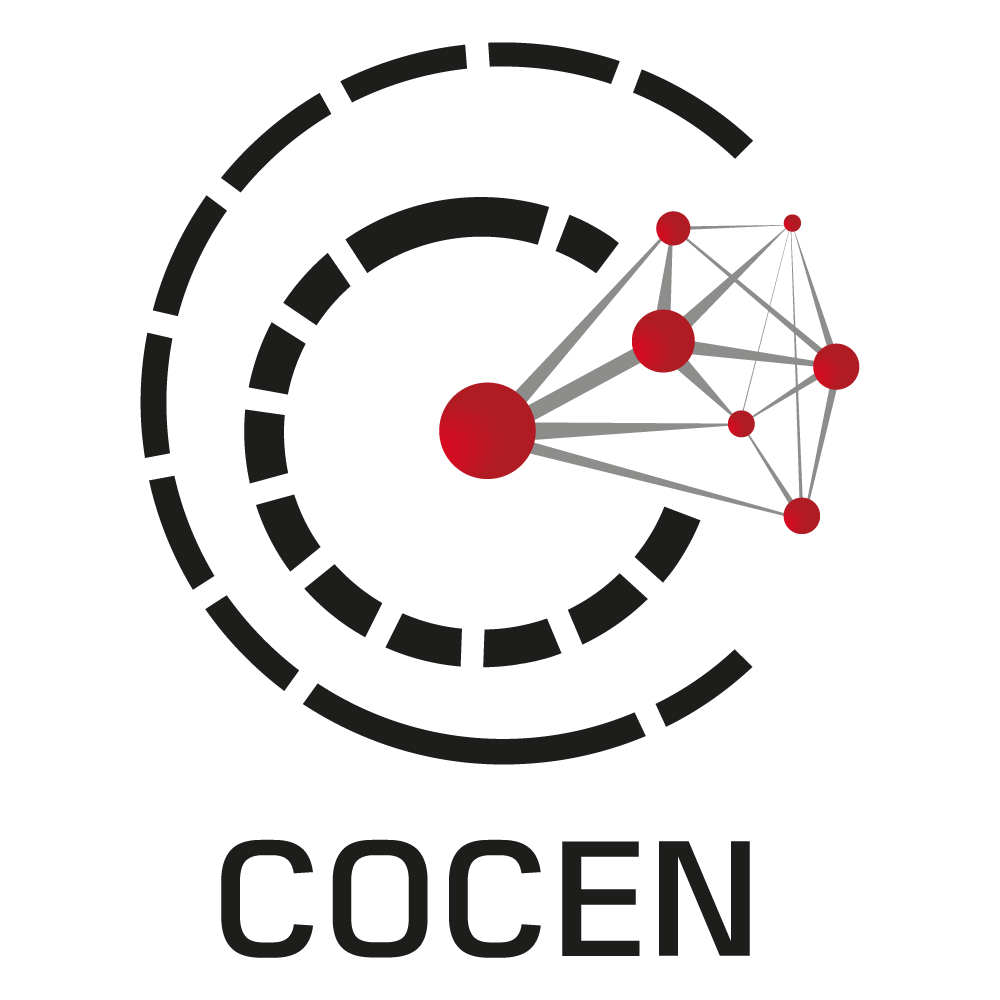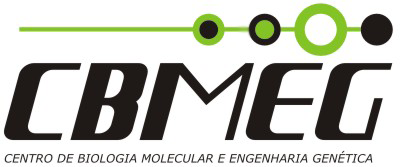Projects developed at LAGM
- Studies of genetic diversity, construction of genetic-molecular maps and mapping of genes of economic importance in plants through molecular markers (sugarcane, rubber and tropical forages), as well as population studies using species of ecological importance in tropical biodiversity (organisms present in Mangrove, Cerrado, Atlantic Forest and Amazon Forest).
- Development of genomic and transcriptomic tools such as RNAseq, GBS, ddRAD, Microsatellite Libraries and BACs (Bacterial Artificial Chromosome).
- Proteins of Biotechnological Interest: cloning, biochemical characterization and study of the structure and function of proteins of biotechnological interest, cloned from different microorganisms.









